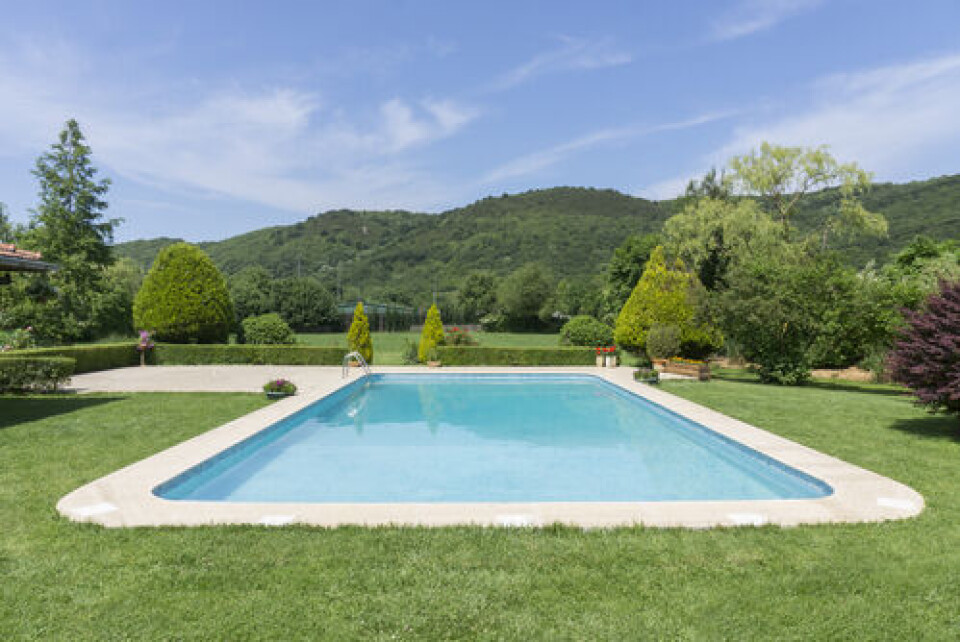-
Grand crème, café crème, au lait: how to order coffee in France?
We explain the subtle distinctions between the various terms used in cafés
-
Paris pledges action against voyeurs in public swimming pool changing rooms
It comes after several women came forward to report similar sexual assaults
-
Thousands of property owners in France sent ‘empty home tax’ bills in error
The bills, payable this December, can run to thousands of euros
Do swimming pools show up on French taxe foncière bills?
We look at how the bills are set out and whether they contain details of structures such as pools

Reader Question: I installed a 34m2 in-ground pool in 2006 and made a déclaration de travaux. I was sure I had seen piscine on my taxe foncière or d’habitation yearly notifications, but having just gone through them all I can’t see that now. Normally, if you are paying tax on the pool where on their forms do you see it?
Swimming pools of 10m2 or more that are dug into or fixed to the ground and which cannot be moved without being demolished are seen to increase the valeur locative (theoretical rental value) of a property.
It is this value which is used to calculate taxes such as the taxe foncière, and so the presence of such a pool must be declared to the tax authorities.
Read more: Undeclared swimming pool detection system to be used across France
Declaring the pool to tax authorities
This must be done within 90 days of the pool being installed, although property owners will generally benefit from an exemption from paying tax on the pool for two years after construction is completed.
Inflatable pools or those that can be dismantled are not concerned by this.
This declaration is on form Cerfa n° 10517.
Read more: How to declare a swimming pool
On this form your pool relates to a ‘change to a built property’, so you would select propriété bâtie at the top and then in section two ‘concerning the change’, give the date of completion of the pool and select addition de construction under part A. Section 3 is to describe the work and surface area.
Your tax bill
Once the pool has been declared, it will not show up as a separate section on your taxe foncière bill.
The front page will have a simple breakdown of your details and the amount to be paid, and the second page will be split into propriétés bâties and propriétés non bâties, with information on the way in which the total bill is calculated.
Pools are included in the propriété bâtie section, and so are not detailed separately.
If you declared it to the tax authorities after it was built – which is not the same as the initial déclaration préalable de travaux that you mention – then you may see that, compared to years prior to that, the base (base of taxation: in this case one half of the valeur locative) listed on the second page of your taxe foncière avis (bill) rose.
Otherwise, if you need to know whether the pool has been declared or not, you should contact your mairie and ask for the urbanisme department.
If your pool has not been declared, you will most probably have backdated taxe foncière bills to pay and potentially penalties for late payment.
However it is usually better to ‘own up’ to these things, and say it was a mistake (if this is the case) rather than wait to be ‘found out’, for example by the current programme of artificial intelligence checks on new elements such as pools that is being rolled out nationwide.
Related articles
How French tax authorities are tracking undeclared swimming pools
Tax and planning: When and how to declare a swimming pool in France
Should France ban private swimming pool use amid drought crisis?
























